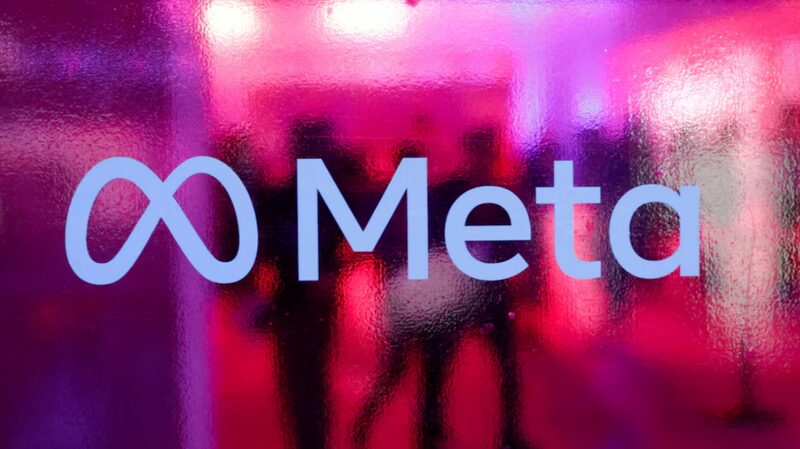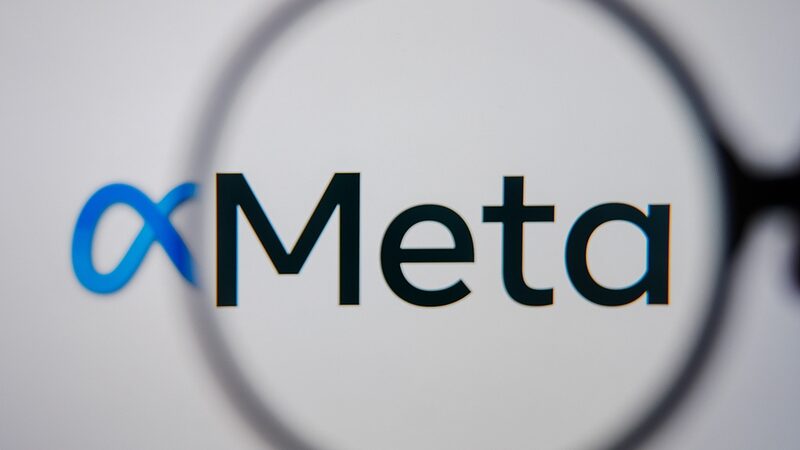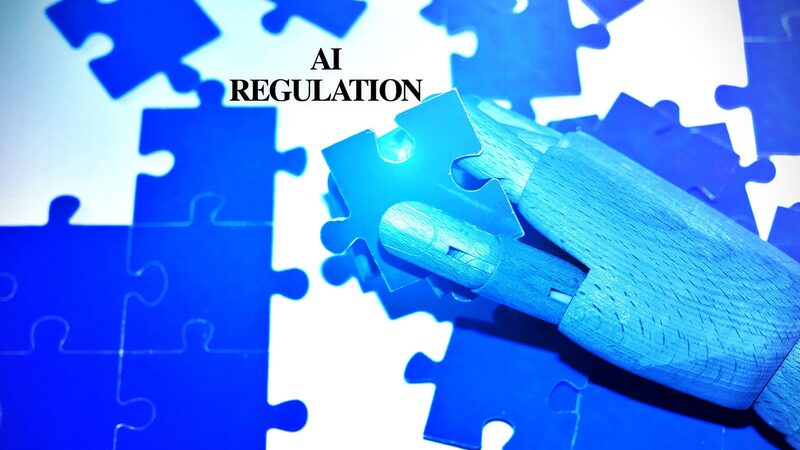Meta Unveils AI Model That Evaluates Other AI Systems, Paving the Way for Autonomous Learning
In a groundbreaking move, Meta, the parent company of Facebook, announced on Friday the release of a new suite of artificial intelligence models, headlined by the “Self-Taught Evaluator.” This innovative AI tool has the capability to assess the performance of other AI models, potentially reducing the need for human involvement in the AI development process.
The Self-Taught Evaluator, first introduced in an August research paper by Meta, leverages the “chain of thought” technique—a method that breaks down complex problems into smaller, logical steps. This approach enhances the accuracy of responses to challenging queries in fields such as science, coding, and mathematics.
What sets Meta’s evaluator apart is its training process, which relies entirely on AI-generated data. By eliminating human input during training, the model can independently evaluate and improve upon its own outputs and those of other AI systems. This marks a significant step towards creating autonomous AI agents capable of learning from their own mistakes without human intervention.
“We hope, as AI becomes more and more superhuman, that it will get better and better at checking its work so that it will actually be better than the average human,” said Jason Weston, one of the researchers behind the project. “The idea of being self-taught and able to self-evaluate is basically crucial to the idea of getting to this sort of superhuman level of AI.”
This development could revolutionize the current AI training paradigm, which often relies on Reinforcement Learning from Human Feedback (RLHF)—a process that requires human experts to label data accurately and verify AI responses. By contrast, the Self-Taught Evaluator uses Reinforcement Learning from AI Feedback (RLAIF), streamlining the development process and reducing costs associated with human labor.
While other tech giants like Google and Anthropic have explored similar concepts, Meta distinguishes itself by making its models publicly available for use and further research. This open approach may accelerate advancements in AI by fostering collaboration and innovation within the global tech community.
In addition to the Self-Taught Evaluator, Meta also released updates to its image-identification Segment Anything model, a tool designed to speed up response times for large language models, and datasets intended to aid in the discovery of new inorganic materials.
As AI continues to evolve, Meta’s latest contributions signal a shift towards more autonomous and efficient AI systems. This progress holds the promise of enhancing various industries and applications, from virtual assistants to complex problem-solving across scientific disciplines.
Reference(s):
cgtn.com







